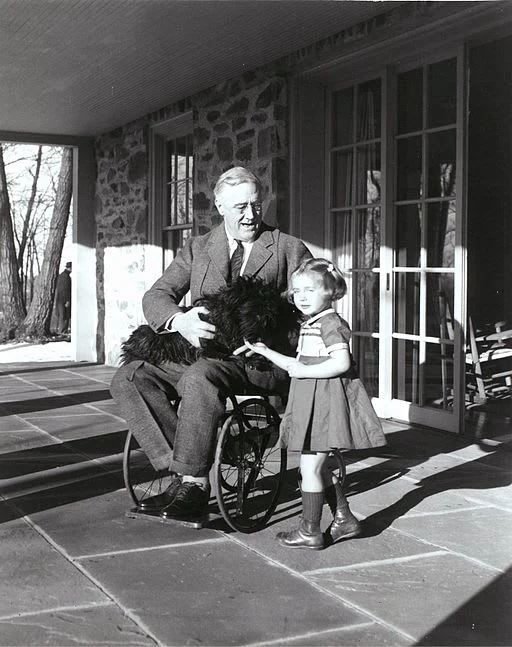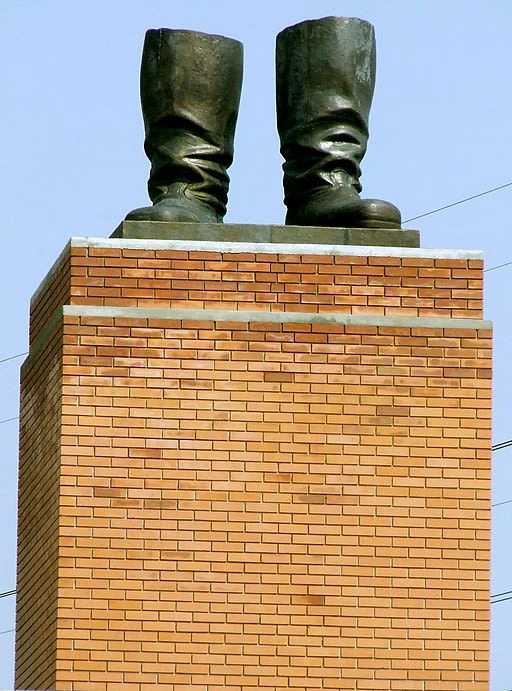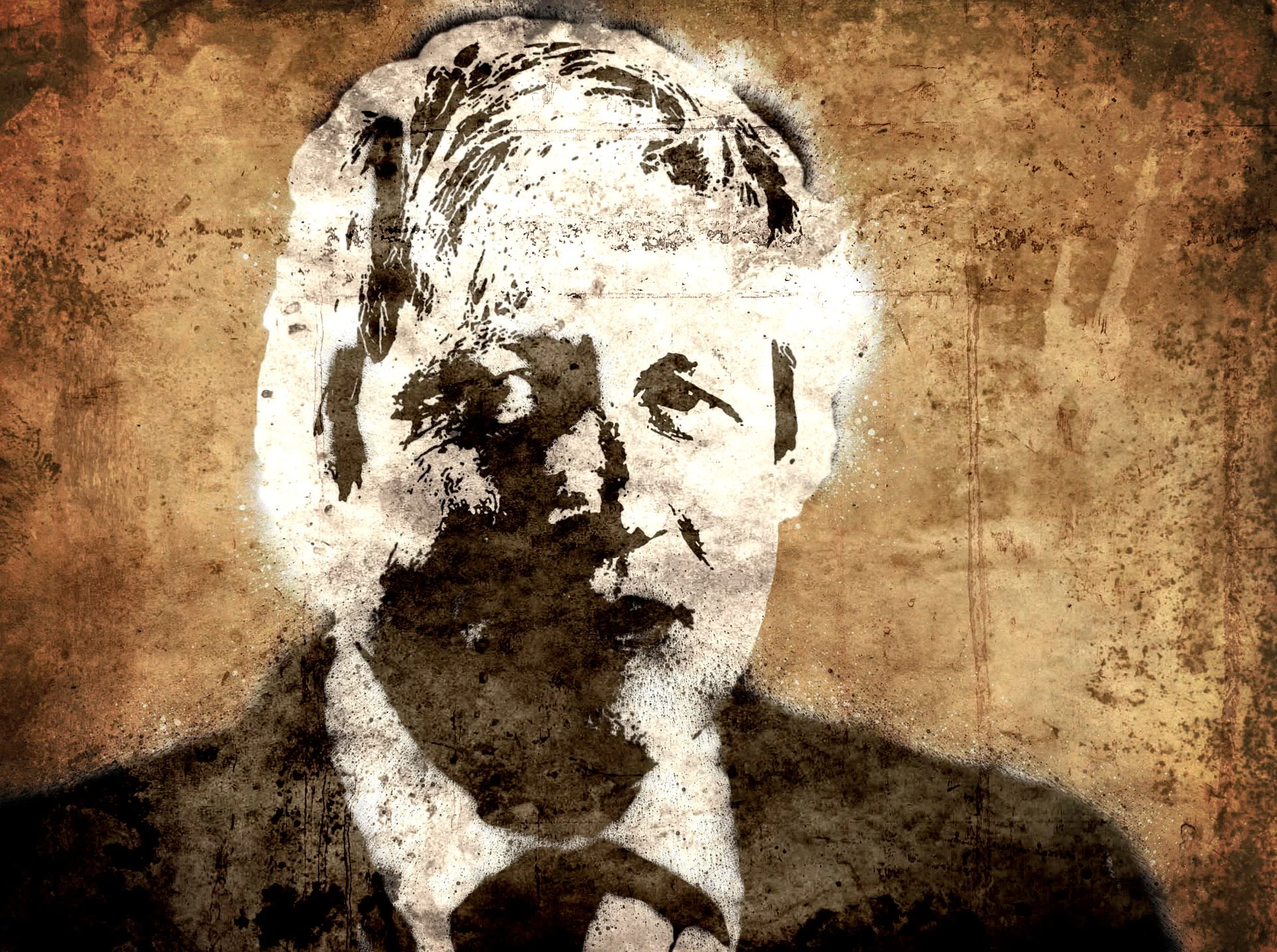Political Leaders' Illness and the Fate of Nations
Illness and Politics: When Sickness of Leaders Changes the Course of History
No one can deny the influence of our current well-being on our daily decisions. Political leaders still get sick, but the decisions they make are different, affecting a whole nation. Don't you agree? Now let me take you on a time machine to check how far this was true in the last 100 years.
Franklin D. Roosevelt FDR
Starting with the 32nd president of the United States, President Franklin D. Roosevelt FDR was diagnosed with infantile paralysis, better known as polio, in 1921, at the age of 39 which was uncommon for someone to get polio in middle age. Despite the paraplegia Roosevelt had, he managed to run for president of the USA in 1932 after concealing his condition from the public. As said by Eleanor Roosevelt, it made him stronger and more courageous.
However, the state of his health did not sway his decision to join the battle, for it was the blow delivered by Japan's attack on Pearl Harbor on December 7th, 1941 that galvanized his resolve to declare war against Japan and her allies. While he had previously expressed solidarity with the Allied cause, it was the bombing that impelled him to take action.

Joseph Stalin
Now let me take you to this era when the giant red bear stretched its paws across two continents, from the Baltic Sea to the Pacific Ocean. Joseph Stalin was leading the Soviet Union as the 2nd leader. A cursory glance at his political career would reveal that many of his decisions were marked by irrationality and violence. Stalin bore the burden of multiple maladies, particularly in his waning years. At the forefront of his afflictions were rheumatoid arthritis, a heart attack, and two strokes.
Stalin isolated Lenin by placing strict limitations on his activities, claiming they were for his health but also for political reasons. He also suffered a stroke in 1953 that left him paralyzed and unresponsive, delaying his medical treatment due to his mistrust of doctors. In the final years of his life, Stalin became increasingly paranoid and erratic in his decision-making. Some historians have also suggested that Stalin had a mental illness that influenced his violent actions and purges.

which he used to relieve his
Boris Johnson
A prime example of the impact of a political leader’s health on their decision-making is that of British Prime Minister Boris Johnson. In March 2020, Johnson contracted COVID-19 and was hospitalized for several days. Foreign Secretary Dominic Raab was asked to deputize for the Prime Minister while he was in the hospital and said he had “all the authority” he needed to make relevant decisions. Raab also has the title of First Secretary of State, giving him seniority above all other cabinet ministers.
Now the question is, "Did Johnson’s illness impair his judgment and influence his choices?" While recovering from the virus, he had to make critical decisions related to the COVID-19 pandemic. Critics argue that Johnson’s illness may have contributed to his initial reluctance to implement strict lockdown measures in the United Kingdom, potentially leading to a higher death toll in the early months of the pandemic.

Boris Johnson
Effect of Political Attitudes on Healthcare
Political leaders' policies can influence their nations' healthcare systems significantly. For example, a study from the University of Kansas adds to the evidence that political ideology can be a social determinant of health, especially during public health crises. The study found that political beliefs did influence attitudes and health behavior during the pandemic. This finding is especially important to remember in a time of significant political polarization
Leadership is a vital element of health system development and reform. The health system is like a chessboard with many players, stakes, and moves that leaders have to deal with every day and that affect the collaborative actions taken through the system to serve the common good. Leadership in this chess game requires skillful use of power and the assistance of others to master the game.
In conclusion, the well-being of political leaders has been a crucial factor in determining key political choices throughout history. The ability to govern efficiently, make vital decisions, and preserve stability within nations can be influenced by the physical or mental health of political leaders.
Like this project
Posted May 13, 2023
700 words on How far can the health conditions of the political leaders influence their decisions? And how can political attitudes affect Healthcare?
Likes
0
Views
14




